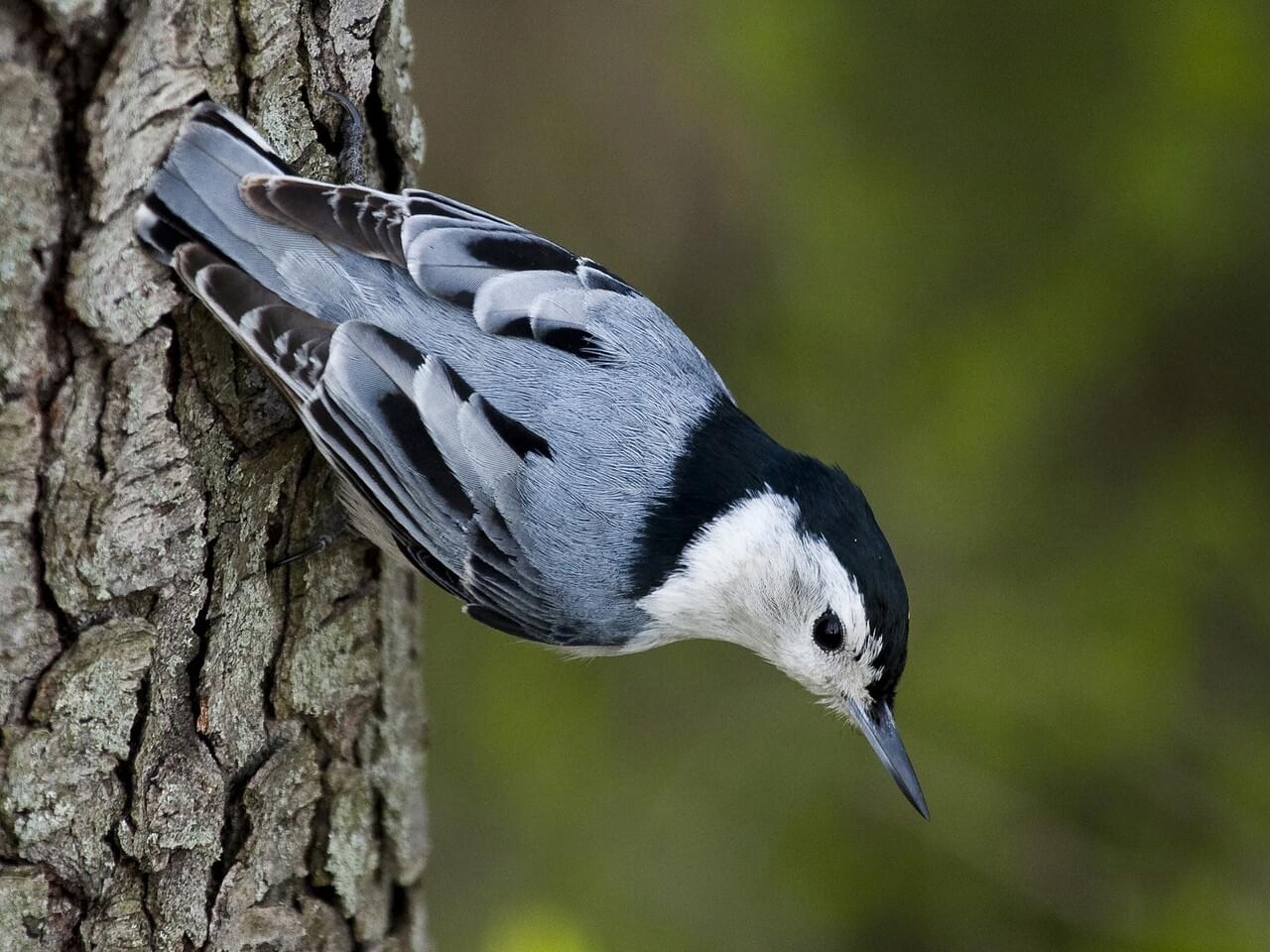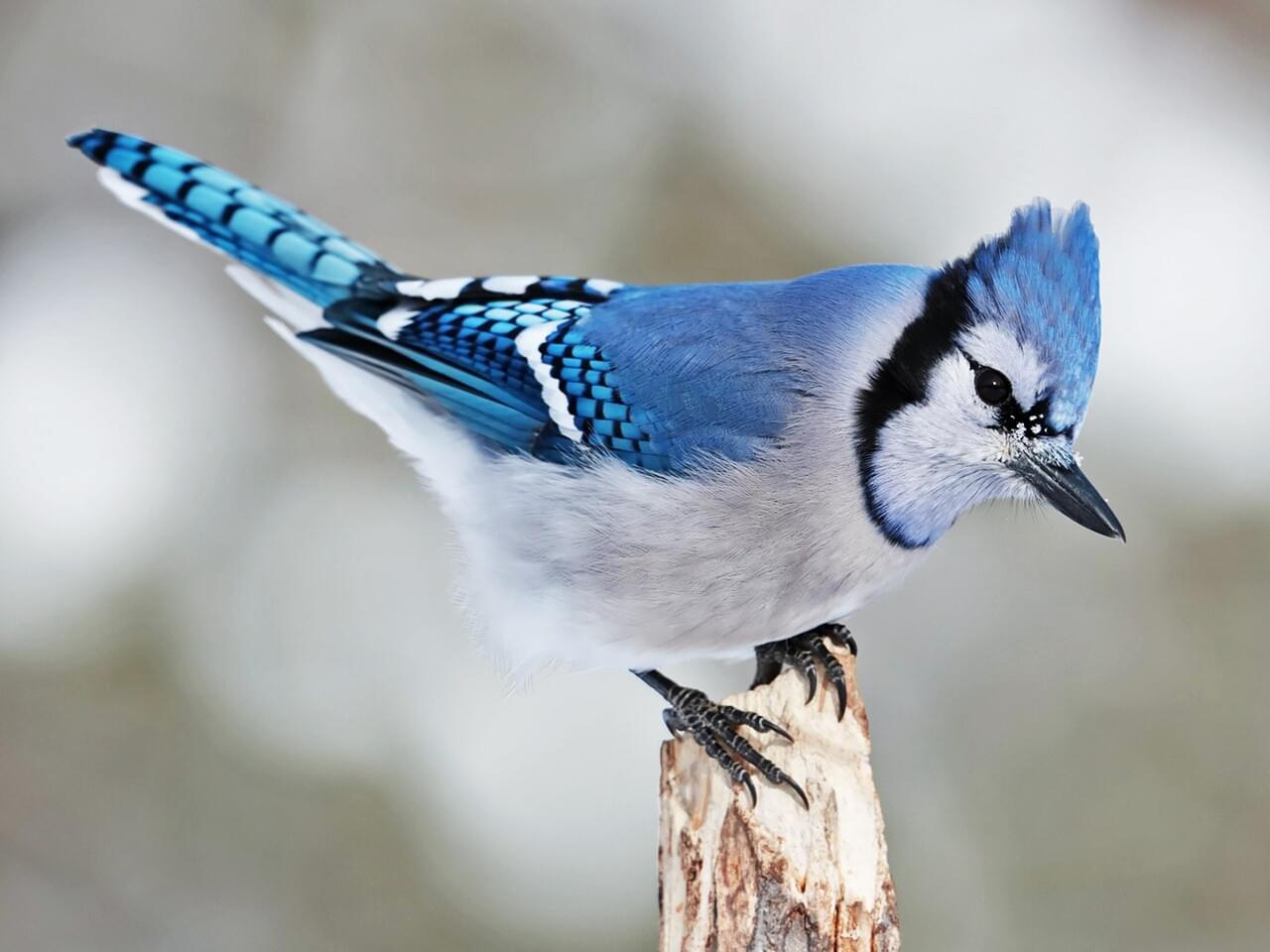The Ruah book for our latest retreat. I actually liked it! Why are Jungians so Jungian? like super into the whole deal? Like Marxists or Christians or what have you. I remember this cool book, Feet of Clay, about gurus and charismatic religious leaders, which included a chapter on Freud and another on Jung. For whatever reason they had quite the flock of disciples, each with their own schisms, first from each other and then within their later developed camps. I guess I haven't met or read anyone recently who's a Freud devotee. I do sense the closed-circuit nature of Jung's world. Very re-ligamentous. Jung is universal in the best, open-eyed adventurer sense, as well as in the worst, conquering-colonialist sense. Is that fair? I mean I haven't read very much. Anyways.
notes
- chindi (Navajo) - hungry ghosts
- question for 1st half of life - "what is the world asking of me"
- 2nd half - "what does the soul ask of me"
- complexes - autonomous, affect-laden ideas; energy clusters which have a life of their own and, when unchallenged, put one's life on automatic pilot
- what is the implicit question of our family of origin
- Jung - worst sin is unconsiousness
- Jung - I happen to myself
- Jung - a complex can be really overcome if it is lived out to the full
- what anxiety is aroused when you contemplate alternatives
- the shadow is everything about myself with which I am uncomfortable (negative or positive)
- we embody shadow in at least four different ways
- when it remains unconscious it makes choices for us
- project it onto others and criticize
- identify with it and live it out, unable to critique ourselves
- admit it, see it, grow in our capacity to work with its energies
- Liliane Frey-Rohn - too much morality strengthens evil in the inner world, and to little morality promotes a dissociation between good and evil.
- seven questions for reflection on shadow
- what do you consider your virtues
- what are the key patterns of your relationships
- what annoys you about your partner
- where do you repeatedly undermine yourself
- where are you stuck in life
- where do mom and dad still govern your life
- where do you refuse to grow up, or expect rescue
- our personal myth is our implicit value system
- money and good health are tops in our culture
- mythologems - affectively charged ideas or beliefs
- the real choices in life will always involve the conflict between competing values
- even when one finally tumbles to a long-lost talent or enthusiasm, and the supportive energy is palpable, we are seldom spared old issues of diminished permission, uncertain self-worth, etc...
- the search for reciprocal energy may be the contemporary form of the old Grail question, 'whom does the Grail serve?"
- apotropaism - image or practice which wards off threatening powers
- the hysteria of certainty is in direct proportion to uncertainty in the unconscious
- three characteristics of spiritual experience
- principle of resonance
- encounter with numinous
- engagement in depth
- only consciousness of fiction can spare us from literalism
- Jung - the soul cannot exist without its other side, which is always found in a "you"
- meeting place of opposites generally attended by symbol
- this humble achievement of unique personhood, with all its perverse permutations, is an act of the greatest praise, and what we most owe the world
- It was Jung's clinical experience (and is mine as well) that the overtly dying do not dream of endings. They dream of journeys, crossings, recovery. All of us dream of dying, but that seldom points to one's bodily death
- the more we presume the ego's sovereignty, the more we breed monsters
- Jung: depression should...be regarded as an unconscious compensation whose content must be made conscious if it is to be fully effective. This can only be done by consciously regressing along with the depressive tendency and integrating the memories so activated into the conscious mind - which is what the depression was aiming at in the first place
- I was obliged to stand before the depression and, humbled, ask, "what do you want of me?"
- suffering the tension between conflicting desires or needs or duties can lead to an awareness of what is really at stake in the context of one's larger journey
- to re-member the psyche
- recall we are psyche's being
- seek a dialogue with psyche which promotes healing in ourselves and others
- something wishes to re-member us
- entelechy - realizes that which was potential
- we are not our history, although it is of us; we are the quality and temper of our journey






